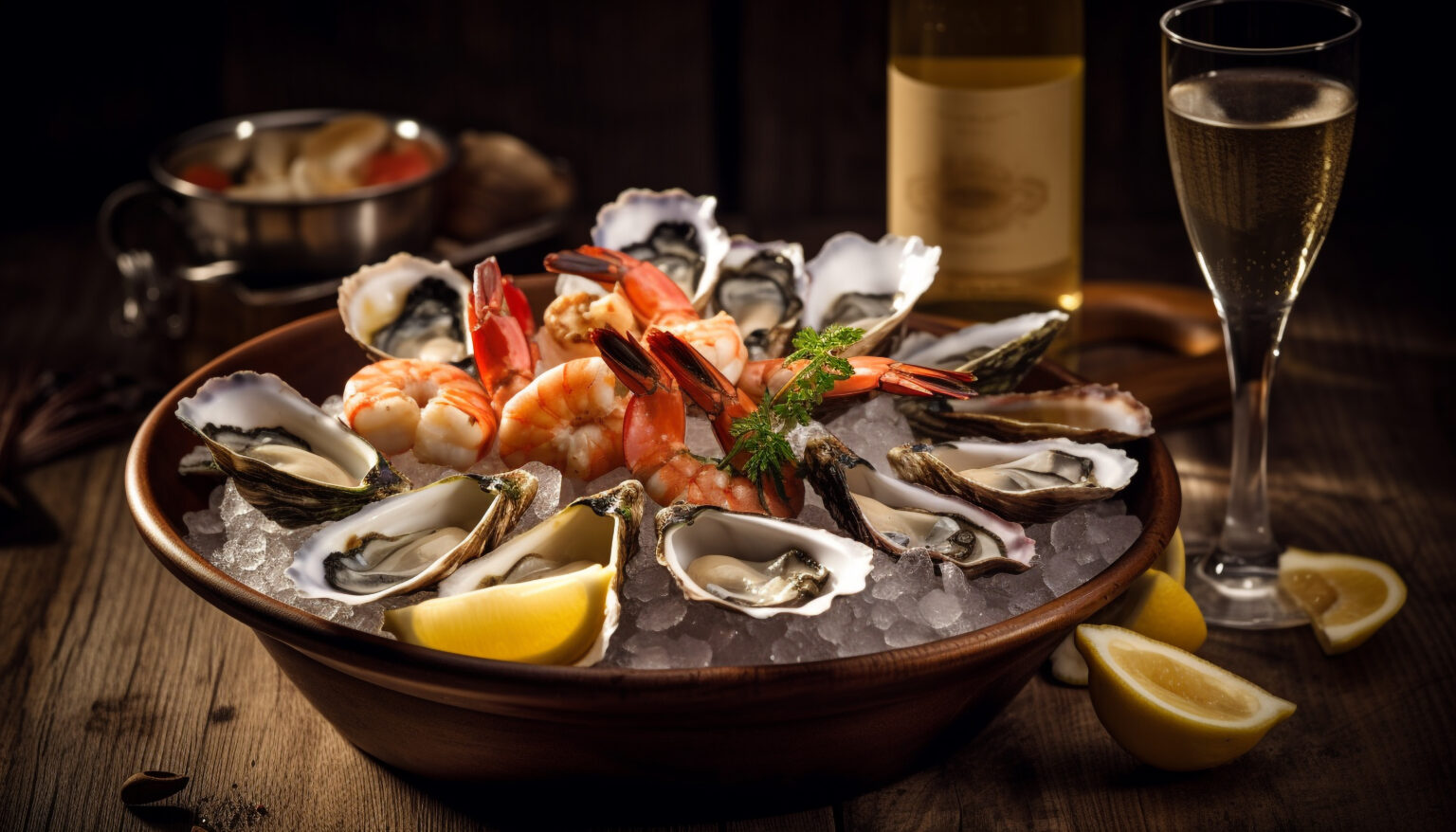As the world becomes increasingly conscious of environmental issues, sustainable practices and responsible choices are becoming more important in every aspect of our lives. This is especially true when it comes to seafood consumption for pescatarians, individuals who include fish and seafood as part of their primarily vegetarian diet. Sustainable fishing practices and responsible seafood choices are crucial for the preservation of our oceans and the long-term viability of marine ecosystems. In this article, we will explore the importance of sustainable fishing practices and provide guidance on making responsible seafood choices as a pescatarian.
Understanding Sustainable Fishing:
Sustainable fishing refers to the harvesting of fish and other seafood in a manner that ensures the health and productivity of the marine environment, while also safeguarding the livelihoods of fishing communities. It focuses on maintaining fish populations at a level where they can reproduce and replenish their numbers without endangering the ecosystem’s balance.
Key Practices for Sustainable Fishing:
- Regulating Fishing Efforts: Governments and regulatory bodies play a critical role in implementing and enforcing fishing quotas and restrictions to prevent overfishing. These regulations set limits on the amount of fish that can be caught, the size of fish that can be harvested, and the areas where fishing is allowed.
- Protecting Essential Habitats: Preserving and protecting critical habitats such as coral reefs, seagrass beds, and mangrove forests is crucial for the overall health of marine ecosystems. These habitats serve as breeding grounds and nurseries for numerous species and help maintain biodiversity.
- Minimizing Bycatch: Bycatch, the unintentional capture of non-target species, is a significant concern in many fishing practices. Sustainable fishing methods employ techniques like selective fishing gear, such as circle hooks and escape panels in nets, to minimize the capture of non-target species.
Responsible Seafood Choices:
- Research and Certifications: Before purchasing seafood, pescatarians should research and look for reputable certifications that ensure the product’s sustainability. Certifications like the Marine Stewardship Council (MSC) and the Aquaculture Stewardship Council (ASC) indicate that the seafood was sourced from sustainable fisheries or responsibly farmed operations.
- Prioritize Local and Seasonal Choices: Choosing locally sourced seafood reduces the carbon footprint associated with transportation. Additionally, opting for seasonal varieties allows fish populations to replenish during their natural breeding seasons.
- Diversify Your Selection: Instead of relying on a few popular species, explore a diverse range of seafood options. This helps to reduce the pressure on specific species and promotes a more balanced ecosystem.
- Avoid Endangered Species: Stay informed about the endangered and vulnerable species and avoid consuming them. The International Union for Conservation of Nature (IUCN) provides a Red List of Threatened Species, which can serve as a helpful reference.
- Consider Sustainable Aquaculture: Responsibly farmed seafood can be a sustainable alternative to wild-caught fish. Look for certifications like ASC, which ensure environmentally and socially responsible aquaculture practices.
As pescatarians, we have a responsibility to make informed choices that promote sustainable fishing practices and the preservation of our oceans. By supporting fisheries and seafood producers that prioritize sustainability, we can contribute to the long-term health of marine ecosystems and ensure the availability of seafood for future generations. Let’s strive to be conscientious consumers, prioritizing responsible seafood choices and advocating for sustainable fishing practices at every opportunity.








